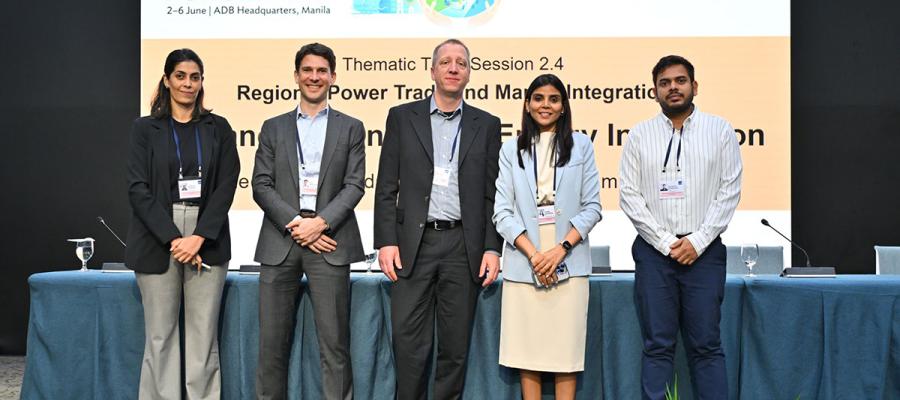If you are interested in partnering with us, please get in touch. Using P4I's flexible, innovative tools and diverse global expertise, we are confident we can design a response that is tailored to your needs.


Southeast Asia’s energy needs are rising fast, and so is the pressure to decarbonise. As countries across the region commit to net-zero targets, the path forward requires securing sustainable financing and scaling energy systems that are reliable, inclusive, and resilient to climate impacts.
That challenge brought clean energy policymakers, utilities, investors, and regional partners together in Manila for the 2025 Asia Clean Energy Forum, a platform to share lessons, surface solutions, and support a just energy transition in the region.
At this year’s forum, Partnerships for Infrastructure (P4I) contributed to two thematic sessions focused on unlocking sustainable finance and advancing renewable energy integration. Drawing on Australia’s experience and its partnerships in Southeast Asia, P4I shared insights from ongoing work with government agencies and power utilities in Vietnam, Indonesia and Malaysia. The sessions explored how improved ESG practices can unlock sustainable finance opportunities and how large-scale storage solutions can help build the systems needed for a low-emissions future.
Across the region, achieving net-zero goals hinges on bridging persistent financing gaps. Many power companies face challenges aligning with ESG frameworks, limiting access to capital for clean energy investment. At ACEF, P4I presented lessons from its work with energy utilities, demonstrating how strengthening ESG capacity and aligning investment strategies with net-zero objectives can open new blended finance opportunities and greater private sector engagement. To complement these ongoing efforts, Gilles Pascual, Energy Sustainable Finance Specialist at P4I, emphasized the need to expand Transition Finance products across ASEAN to support companies and projects that are not yet fully sustainable or ‘green,’ but are actively working to reduce their environmental impact and transition toward more sustainable practices. Electricity grid investments, for example, may not obviously fall under the green category of most taxonomies.
For Malaysia, reliable storage is becoming critical as the country ramps up its renewable energy and electricity export ambitions. Hydropower plays a central role in Sarawak, but more flexible, grid-ready storage is needed to support diversification and regional electricity trade. Sonal Agarwal, Renewable Energy Transition Expert at P4I, examined various energy storage technologies and their applications, with particular focus on mature solutions like pumped hydro energy storage and their potential in Southeast Asia, using Sarawak as a detailed case study.
Across Southeast Asia, governments are grappling with how to finance net-zero goals and manage more complex, decentralised energy systems. Strengthening ESG frameworks, unlocking blended finance and investing in storage solutions are three emerging strategies that can help address these challenges head-on. As power demand grows and renewable integration deepens, solutions that improve flexibility, reliability, and investment flows will be essential across the Southeast Asian energy landscape.
Through long-term collaboration with Southeast Asian partners, Australia, through P4I, is helping to bridge technical and regulatory gaps — turning ambition into action through shared expertise and fit-for-purpose systems.
If you are interested in partnering with us, please get in touch. Using P4I's flexible, innovative tools and diverse global expertise, we are confident we can design a response that is tailored to your needs.
